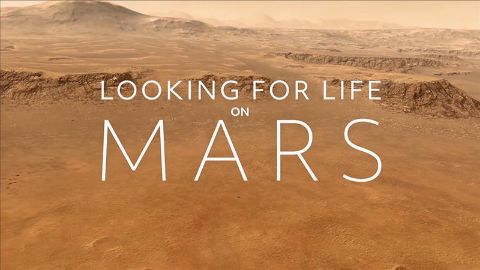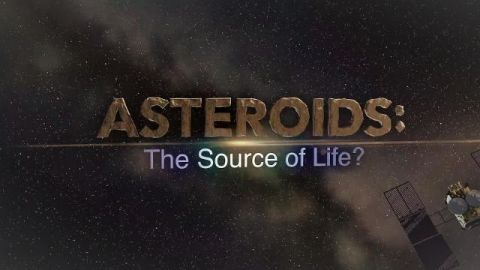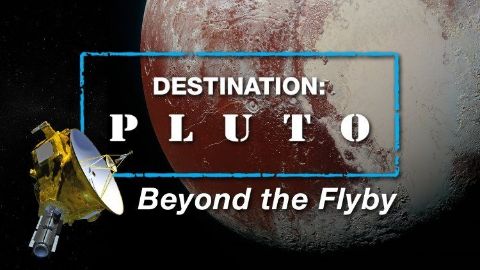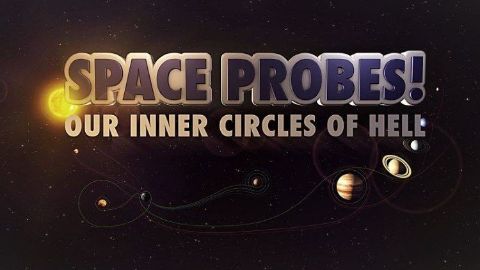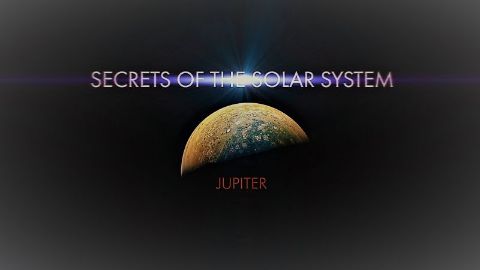Standing Up in the Milky Way • 2014 • episode "S1E1" • Cosmos: A Spacetime Odyssey
More than three decades after the debut of Carl Sagan's ground-breaking and iconic series, "Cosmos: A Personal Voyage," it's time once again to set sail for the stars. Host and astrophysicist Neil deGrasse Tyson sets off on the Ship of the Imagination to discover Earth's Cosmic Address and its coordinates in space and time. Viewers meet Renaissance Italy's Giordano Bruno, who had an epiphany about the infinite expanse of the universe. Then, Tyson walks across the Cosmic Calendar, on which all of time has been compressed into a year-at-a-glance calendar, from the Big Bang to the moment humans first make their appearance on the planet.
Make a donation
Buy a brother a hot coffee? Or a cold beer?
Hope you're finding these documentaries fascinating and eye-opening. It's just me, working hard behind the scenes to bring you this enriching content.
Running and maintaining a website like this takes time and resources. That's why I'm reaching out to you. If you appreciate what I do and would like to support my efforts, would you consider "buying me a coffee"?
Donation addresses
BTC: bc1q8ldskxh4x9qnddhcrgcun8rtvddeldm2a07r2v
ETH: 0x5CCAAA1afc5c5D814129d99277dDb5A979672116
With your donation through , you can show your appreciation and help me keep this project going. Every contribution, no matter how small, makes a significant impact. It goes directly towards covering server costs.













